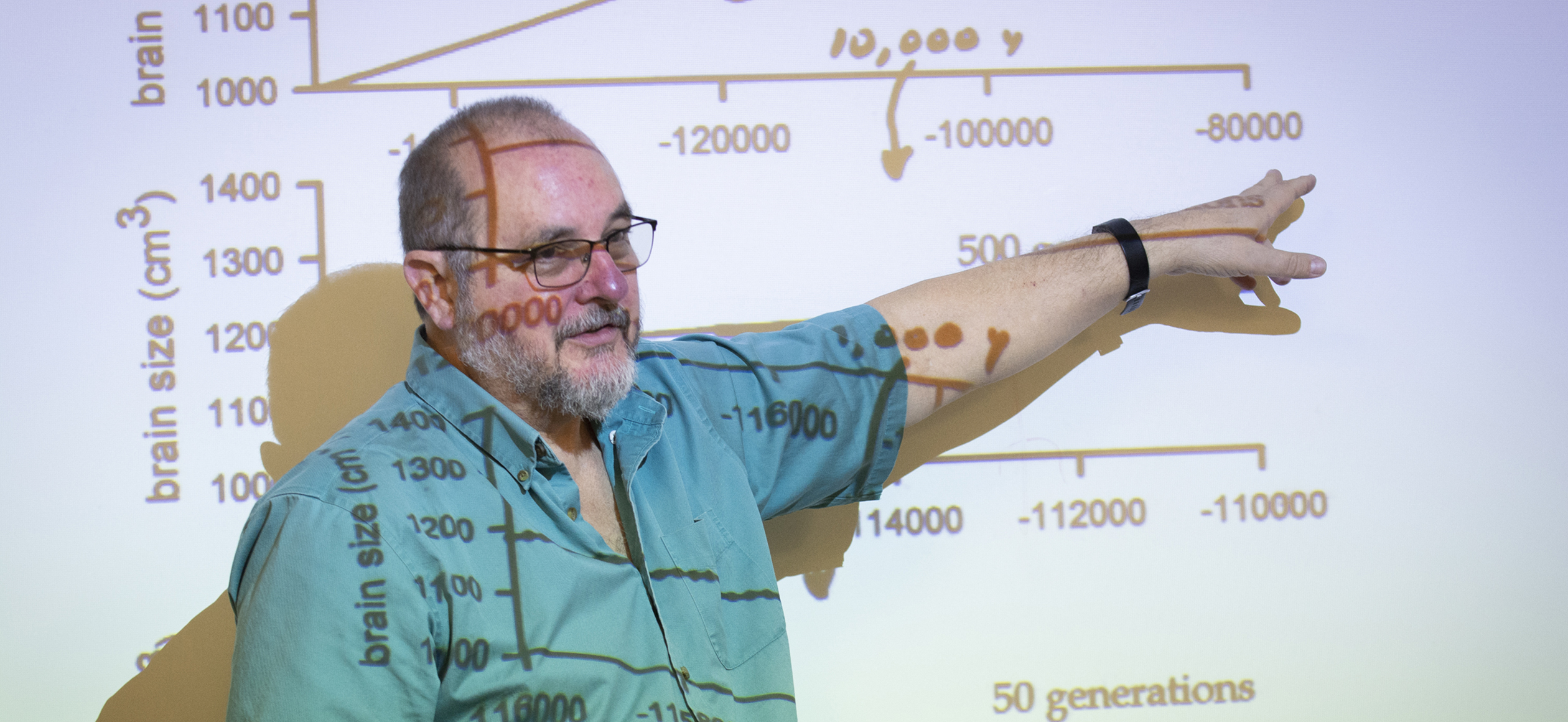Artificial Light at Night Affects Tadpole Development

Light pollution, artificial light entering habitats at night can affect physiological processes. Melatonin is a master hormone produced at night that regulates the circadian clock and periodic hormone production. Exposure to light at might may disrupt melatonin production and, in turn, other hormone regulation processes such as growth. We tested the effect of artificial night lighting on growth rate of frog larvae (Xenopus laevis) exposed to nocturnal light levels that correspond to levels found in light-polluted aquatic habitats. Larvae were reared on a 12L:12D photoperiod with photopic (day) illuminations of 100 lux and scotopic (night) illuminations of 10-4 lux (normal nocturnal illuminations), 10-2 lux (twilight), 1.0 lux (dim day light), or 100 lux (room lighting). Siblings from three genetic groups (N = 240) were exposed to four randomly assigned light treatments. After 33 days, we compared larval growth in the treatments by measuring head size (distance from the optic nerve to the olfactory bulb and from the olfactory nerve to the center of the brain). Using a 4 (light treatments) × 3 (genetic group) MANOVA, we found a significant difference in the size of larvae in the different lighting treatments, but no effect of genetic group. We also found a significant difference in the number of frogs metamorphosing in each light treatment using a χ2 analysis. More frogs metamorphosed in the darkest treatment than in the other treatments. These findings suggest that even small amounts of light at night can affect growth and inhibit metamorphosis.
See ZooGoer News Article

